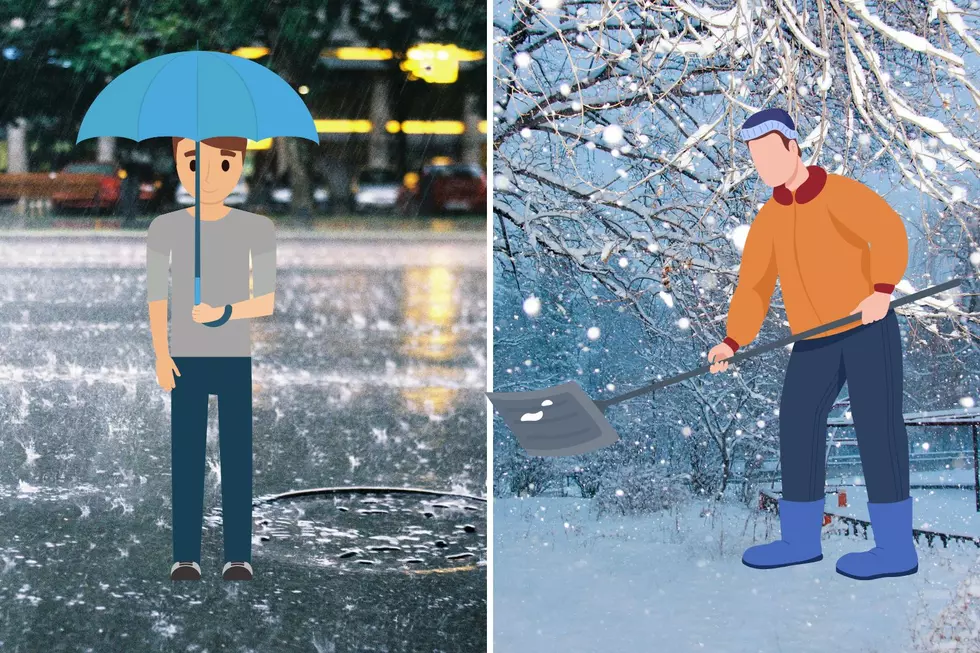
Just How Cold Will the Ocean Get at the Jersey Shore?
Winter is almost here and only the surfers seem to be braving the ocean here at the Jersey Shore. Here are some interesting facts about our ocean, how cold it will get, and what that means for sea creatures and birds.
Swimming at the Jersey Shore is approaching toe-numbing weather. But no matter how cold it gets, do you know why the ocean at the Jersey Shore doesn't freeze over?
Just like freshwater, saltwater CAN freeze (although at 28 degrees F instead of 32) but the ocean, for the most part, rarely freezes for a number of reasons.
Besides the lower freezing point of saltwater, the ocean is huge -- covering 71% of our planet. So changing its temperature even a few degrees takes a lot. Plus, currents and tides keep the ocean in constant motion so warmer water is always mixing with cold surface water.
What about ocean animals? What do they do when the temperature plummets? Whales, dolphins and other marine mammals are 'warm-blooded' and can maintain a stable body temperature despite the cold. They also have excellent insulation in the form of fur or blubber.
An otter has the densest fur of any known mammal with a whopping 130,000 hairs per square inch. That's about as many as on an entire human head. And they can choose to leave town if they want to (aka migrate, lol!)
Fish, crabs and even horseshoe crabs move offshore. Fish have the ability to slow down their metabolism and actually produce an antifreeze-like substance to keep them from freezing.
Shorebirds head south. The osprey, for example, flies off to Central or South American. These birds mate for life but are well known for over-wintering separately. (Maybe that's a clue to marital success, lol!)
Other animals such as clams and snails simply hunker down. Clams bury themselves in the mud of the seafloor thankful that, for the winter at least, snails do not move around much, grow, and (most importantly) want to eat them!
For more info on our ocean, visit the NJ Sea Grant Consortium based in Sandy Hook.
More From 94.3 The Point









